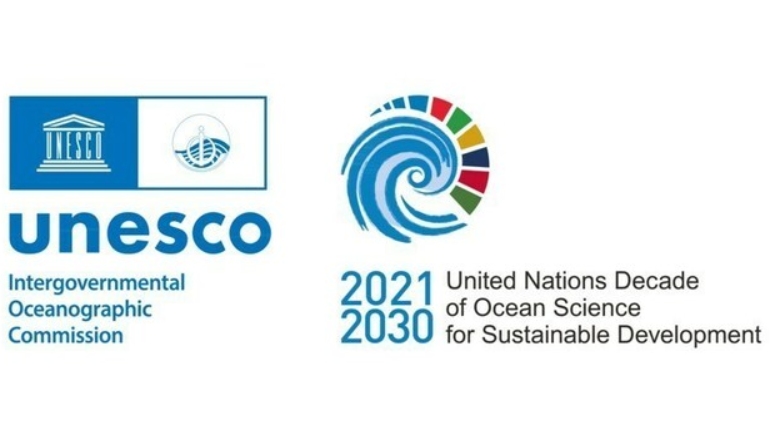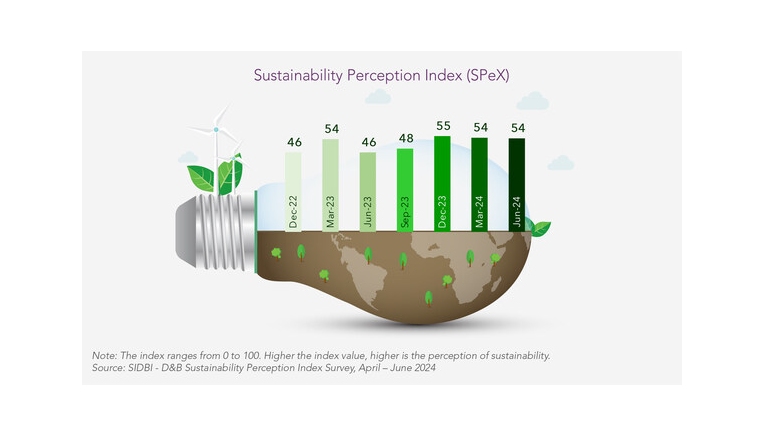The Financial Reporting Council, or FRC, has revised the UK Stewardship Code 2026 to promote economic growth and investment through high-quality stewardship.
New features of the UK Stewardship Code 2026:
The UK Stewardship Code 2026 introduces several key enhancements designed to refine and streamline stewardship practices.
Firstly, it provides an enhanced definition of stewardship, now explicitly reframing it as the creation of long-term sustainable value for clients and beneficiaries.
Secondly, a significant effort has been made to reduce the reporting burden; the new code features fewer principles and more concise ‘how to report’ prompts, moving away from detailed expectations to combat “box-ticking.” This is anticipated to reduce reporting volume by 20-30% while maintaining quality.
Thirdly, signatories will benefit from a flexible reporting structure, offering the option to submit separate Policy and Context Disclosures and Activities and Outcomes Reports or combine them, with the Policy and Context Disclosure only required once every four years.
Fourthly, the Code now includes targeted principles tailored for different signatory types, including asset owners, asset managers, and, notably, introduces specific principles for proxy advisors, investment consultants, and engagement service providers for the first time.
Five, new guidance will be provided as optional tips and examples to support effective implementation, particularly for those managing non-equity asset classes.
Transition:
The FRC has designated 2026 as a transition year to support signatories in adapting to the new code.
During this period, no existing signatories will be removed from the list following their 2026 application, allowing them to familiarize themselves with the new format. The FRC will actively engage with signatories through publications, webinars, and bilateral discussions to facilitate a smooth transition.
The updated Code, which comes into effect on January 1, 2026, aims to support long-term sustainable value creation while concurrently reducing the reporting burden for its nearly 300 signatories, who collectively represent approximately £50 trillion in assets under management (AUM).
Thought leadership:
The new code, a result of extensive stakeholder consultation, builds on the 2020 code’s global success. It operates within the UK regulatory frameworks, including oversight from the Financial Conduct Authority, Pensions Regulator, and Department for Work and Pensions.
Richard Moriarty, CEO, FRC, emphasized the Code’s flexible, principles-based approach. “The UK Stewardship Code 2026 provides signatories with a flexible principles-based framework that provides greater transparency on their stewardship in the face of unprecedented uncertainty.”
He said that the updated code, backed by investor support, focuses on long-term value creation, reduced reporting, improved engagement quality, and enhanced transparency for proxy advisers.
Sacha Sadan, Director of Sustainable Finance, FCA, said, “It represents a strong, industry-wide commitment to improving transparency in stewardship practices.”
He underscored the revised code’s importance in enabling asset owners to access high-quality information about how their assets are managed, crucial for building trust in UK markets and supporting long-term economic growth.
Julian Lyne, interim executive director of market oversight at the Pensions Regulator, urged workplace pension schemes to adopt the Stewardship Code to manage systemic risks and improve investment governance.













